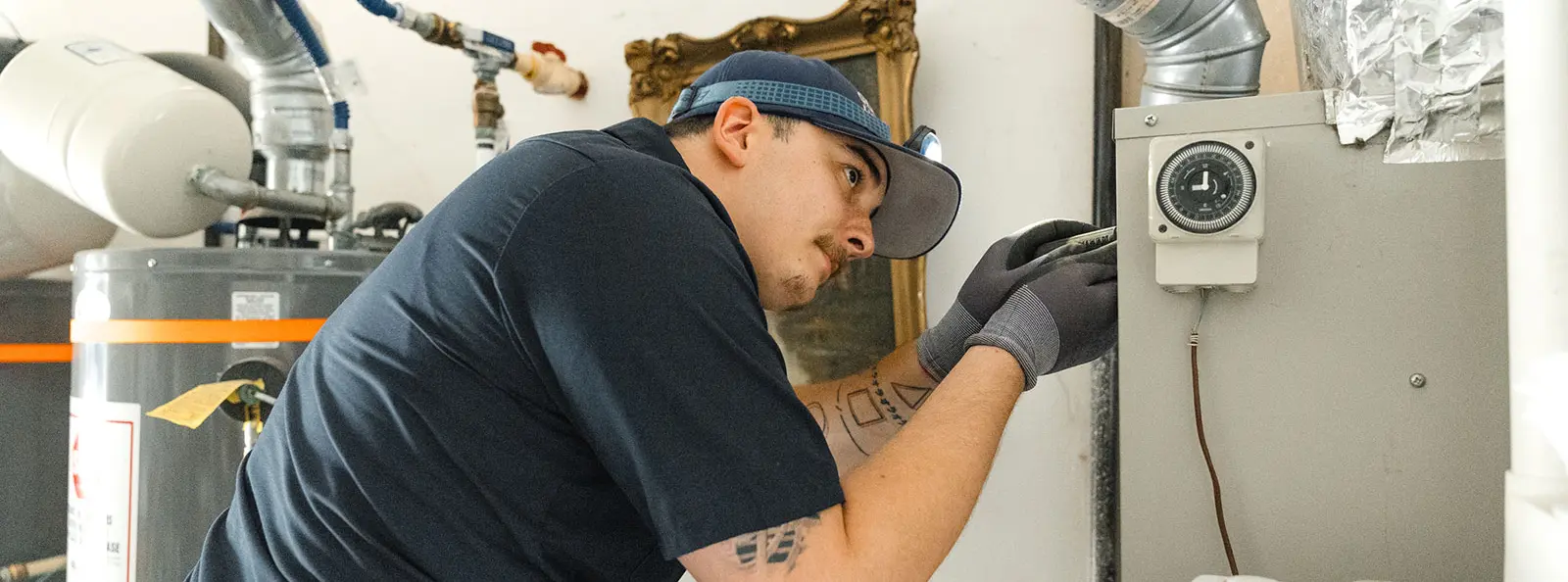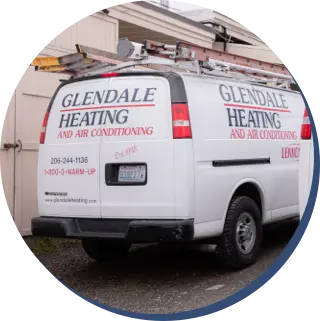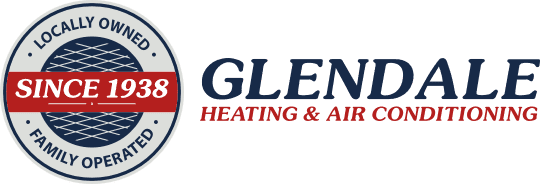FAQ on Heating and Air Conditioning

FAQ'S
Question 1: How often should I change my air filters?
It is recommended to change your air filters every 1-3 months, depending on the type of and your household's air quality. Clogged filters can reduce airflow and efficiency of your HVAC system.
Question 2: What is the ideal temperature setting my thermostat?
The ideal temperature setting for your thermostat is typically around 68-72 degrees Fahrenheit in the winter and 74-78 degrees Fahrenheit in the summer for optimal comfort and energy efficiency.
Question 3: How can I improve the efficiency of my HVAC system?
To improve the efficiency of your HVAC system, you can schedule regular maintenance, seal any air leaks in your home, install a programmable thermostat, and ensure proper insulation in your home.

Question 4: What are the signs that my HVAC system needs repair?
Common signs that your HVAC system needs repair include strange noises, uneven heating or cooling, increased energy bills, frequent cycling, and poor air quality. If you notice any of these signs, it's best to contact a professional for inspection.
Question 5: How can I reduce my energy bills related to heating and air conditioning?
Question 6: Should I close vents in unused rooms to save energy?
It is not recommended to close vents in unused rooms as it can disrupt the airflow balance in your HVAC system, leading to inefficiency and potential damage. Instead, consider adjusting the temperature setting or using zoning systems for better control.

Question 7: How often should I schedule professional maintenance for my HVAC system?
Question 8: What are the benefits of upgrading to a smart thermostat?

Question 9: Can I install a new HVAC system myself?
Installing a new HVAC system is a complex and potentially dangerous task that requires professional knowledge and expertise. It is highly recommended to hire a licensed HVAC contractor for installation to ensure safety, efficiency, and warranty compliance.
Question 10: How can I improve indoor air quality in my home?


